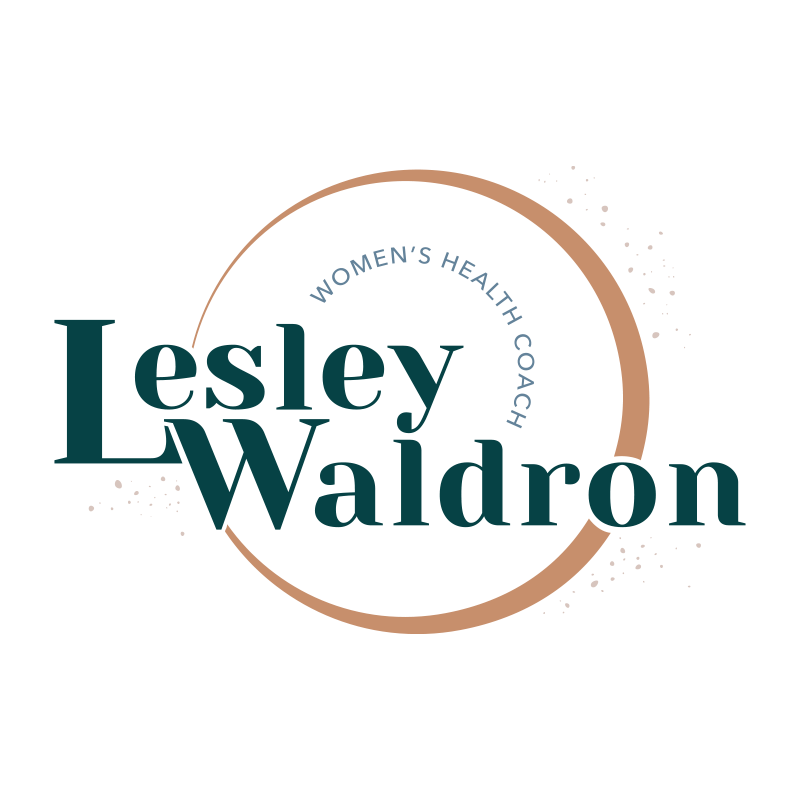Harnessing the anger of menopause
The anger of menopause and perimenopause can feel pretty scary.
Pretty overwhelming.
The red mist that some describe can feel like being out of control, and in need of a fix.
(And yes, blood sugar management, more sleep and rest, less stress, gentle movement can all help, as can HRT, for some).
But I think we also need to feel that anger and express it.
After living for decades as a nice girl, a people-pleasing, attentive, and empathetic girl who gets things done and doesn’t cause a fuss.
It can make life easier for those around us, maybe, if we keep our anger to ourselves...but it doesn’t mean it isn’t still there.
Anger at injustices in the wider world as well as in the work place (I am STILL angry about the way I was treated by male academics 20 years ago!!).
Anger at the imbalance of responsibility in the home. Anger at women’s lives lost at the hands of men, in the home, in war, in the street. Anger at the impact of war on women’s lives. Anger at sexual assault used as a weapon of war, and as an option for men who don’t know the meaning of the word no.
What does anger have to do with health and menopause?
Holding onto anger isn’t good for our health. It will increase your blood pressure, stress levels, and explode out in damaging ways. Or we will suppress it with food, wine, Netflix.
I’ve got a blog on much healthier coping strategies here.
And as oestrogen levels decline we are losing the ‘nice girl’ hormone. As progesterone levels decline we are losing the ‘calm’ hormone.
And we are also 4 or 5 decades into living in a capitalist patriarchal society that doesn't really serve the needs of men or women. And only really serves the ultra rich.
And we are angry because we are tired. Tired of all of the above and tired because we are physically and emotionally exhausted. Because we aren’t sleeping as well. Because we want to do well in our work, support our families and friends, contribute to our communities and keep a clean-ish home. Tired because we live in a world in which productivity and busy-ness are a measure of success.
And that exhaustion can really amplify the experience of menopause - we’ll feel more anxiety, struggle to find mental or physical energy, be floored by heavy periods, by physical discomfort.
And what can we do about it?
Do you know on of the best places to start?
With rest.
More rest = more energy
More rest = clearer thinking
More rest = less stress responsive
More rest = action taking
AND
Rest can be an act of rebellion. Against the patriarchy. Against your own internalised ‘good girl’.
It can be a way to access creativity, and compassion. To access thinking differently.
Rest can mean different things to different people too. I’ve shared a few ideas on rest in the past - like in this blog post https://www.lesleywaldron.co.uk/blog/4-essential-ways-to-rest-for-perimenopause-wellbeing
I love Mel Skinner’s book, Rest is Radical and Tricia Hersey’s, Rest is Resistance. For different perspectives on rest.
Rest is good for our health, and good for the plant. It helps us make better choices. Part of my approach to a calm Christmas, for example, is to stem the tide of overconsumption in that period.
Rest can be the first step in a process of getting to know yourself, and creating the energy for change.
What next?
More self care, more self advocacy, more boundaries, and educating ourselves.
But it needs to start with self care. To have the energy for change.
Don’t know where to start?
You could download my latest ebook - which comes with an email series to support your self care?
Or join one of my upcoming workshops.
